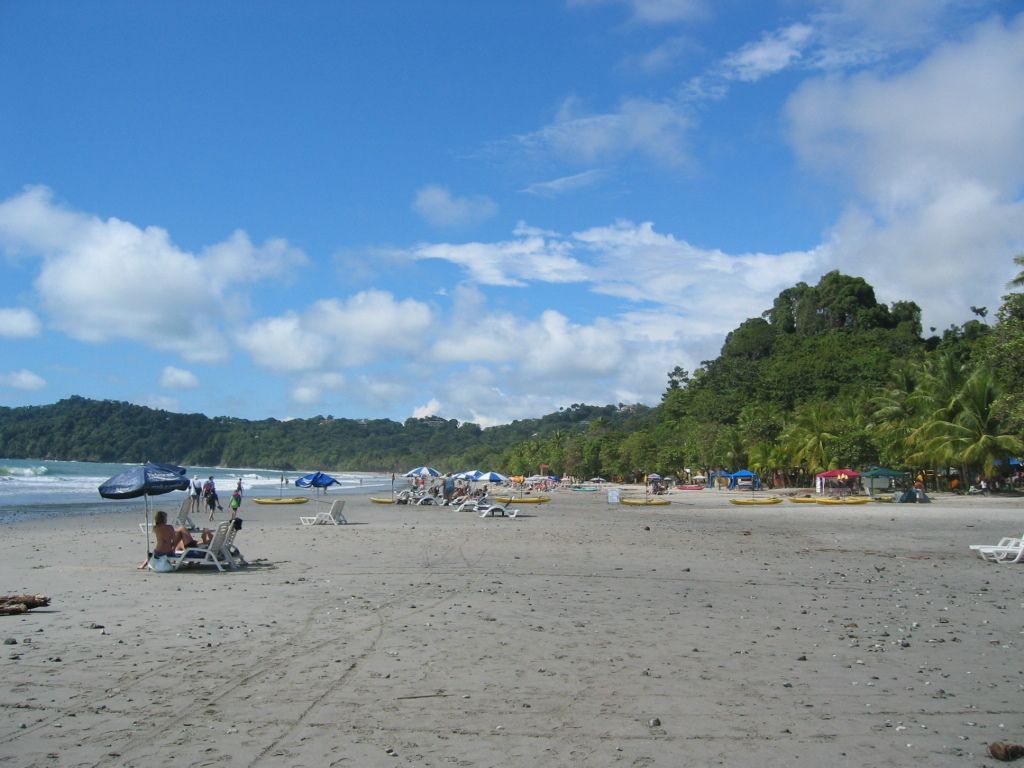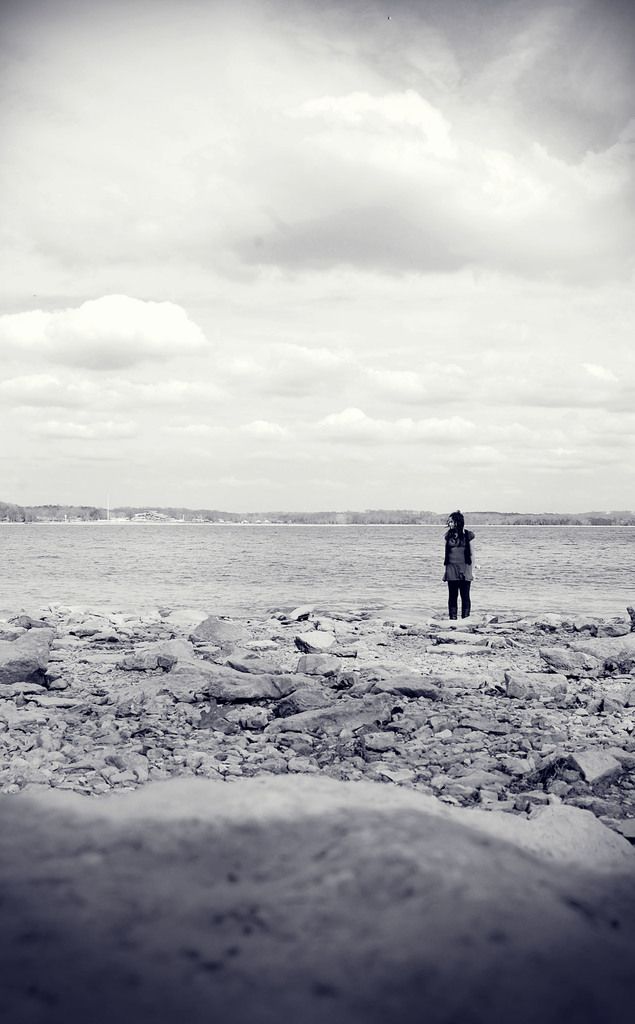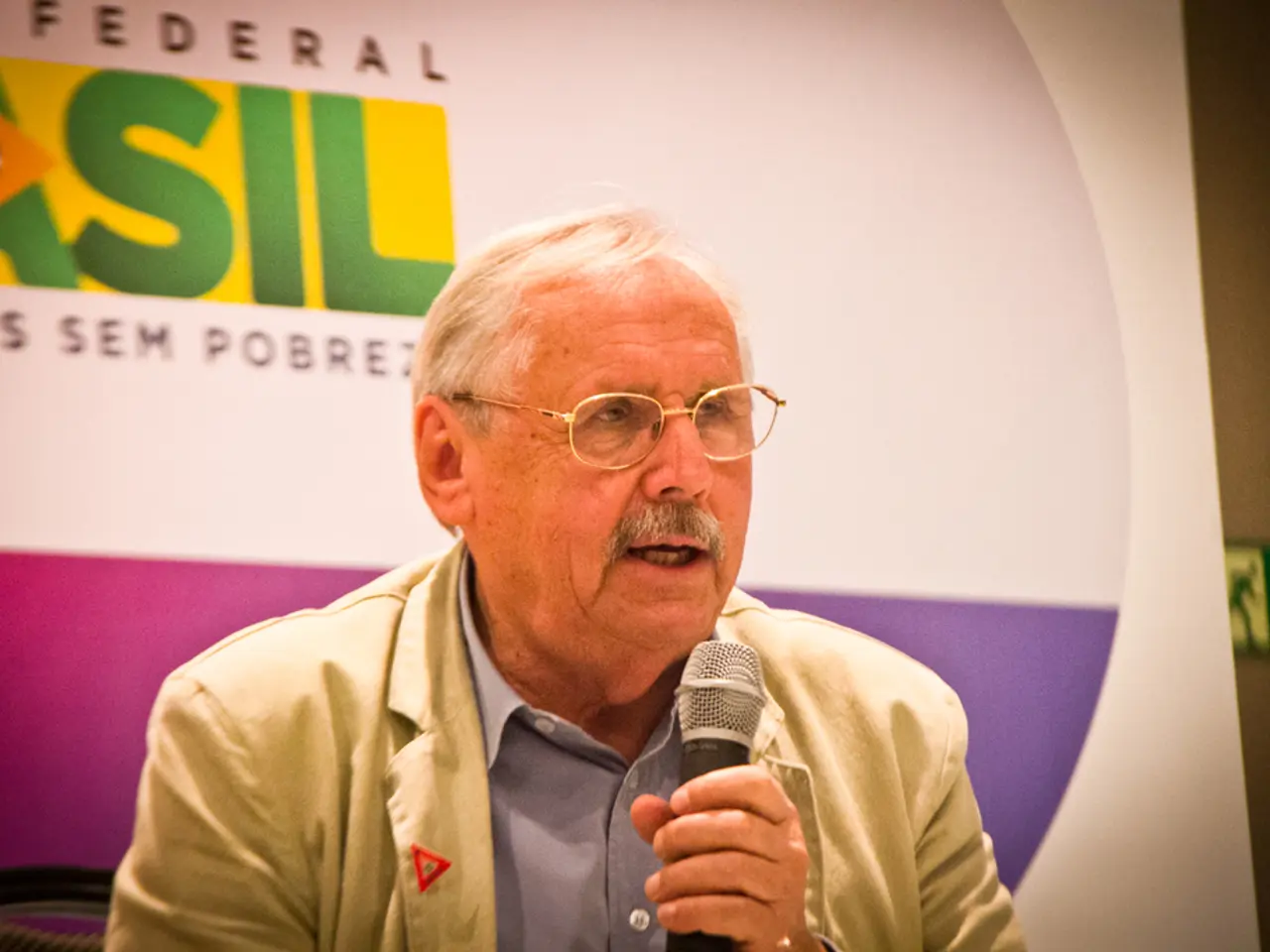A Chronicle of Transformation: Thomas Mann's Journey Through the Ages
"Century-and-a-Half Span of Thomas Mann: Insights from a Notable Writer and Advocate" - Visionary Writer and Activist: Miles Accomplished by Thomas Mann in 150 Years
Ready for a wild ride? Let's dive into the life of one of the greatest literary powerhouses to have ever graced the Earth—Thomas Mann. From being a cautious monarchist to a robust advocate for democracy, Mann's narrative mirrors the tumultuous tides of politics and society, steering his ship through some of history's most significant events.
Gather around as we delve into the intricacies of a literary marvel and the alteration of political beliefs, born from a merchant family in Lübeck, but who would one day become a global citizen.
This year, the literary world has been set ablaze with Mann fever, honoring the man with a myriad of events. The festivities take place primarily in Germany and Switzerland, countries like the Czech Republic and the USA not to be left in the dust. Among these celebrations, on June 6th, the Thomas Mann House in Pacific Palisades, Los Angeles, will reopen with solemnity, following the devastating fires in the area earlier this year.
But that's not all—on the same day, Lübeck will host a grand event inviting none other than the German Federal President Frank-Walter Steinmeier. In addition, an exhibition at the Buddenbrook House, titled "My Time. Thomas Mann and Democracy," will also open on the same day.
Political upheaval and social currents were whipping through Mann's life even before the Nazi Party seized power. This is evident in October 1930, when an SA mob, instigated by Nazi Gauleiter Joseph Goebbels, attempted to drown Mann's voice during his "German Address" in Berlin.
When Adolf Hitler was appointed Reich Chancellor in late January 1933, Mann quickly went into exile, fleeing first to France and then to Kusnacht near Zurich. In 1938, the Manns moved to the USA, initially settling in Princeton on the East Coast. Thomas Mann was quoted saying, "Where I am, there is Germany."
Faced with repression and the growing threats of the McCarthy era, Mann returned to Europe in 1952, settling in Switzerland, a land he loved deeply, and thus finding his final resting place in Kilchberg on Lake Zurich.
Thomas Mann, born in 1875 in Lübeck, displayed no inclination towards commerce, just like his older brother Heinrich (1871-1950). After the untimely demise of their father, the trading company was liquidated, and the family relocated to Munich. They lived off an inheritance from their father's fortune, enabling them to lead a life of leisure as free writers.
It was at the beginning of 1901 that Thomas Mann published the novel responsible for bringing him the Nobel Prize in 1929 at the age of 25—“Buddenbrooks.” This story of a family whose vitality decreases with each succeeding generation, as their inclination towards the aesthetic grows, has, to date, sold over 3.5 million copies in the German-speaking world.
But for Mann's global reputation, “The Magic Mountain” was even more significant. This 984-page magnum opus offers a panoramic depiction of society before World War I and the intellectual currents that facilitated war and fascism, as well as a novelistic exploration of the individual experience of time.
It took Mann a long time—from 1913 to 1924—to complete “The Magic Mountain,” during which he underwent a profound transformation. When the novel was first published in 1924, Mann had already morphed from a monarchist to a democrat, as denoted by his staunch support for the Weimar Republic.
Mann's journey from an initial allegiance to conservative and monarchist ideologies to embracing democratic principles is a testament to his evolving understanding of politics and his increasing commitment to combating fascism with robust democratic values.
References:
[1] Mann, Thomas. "German Literature, German Democracy," Preface to German Aesthetics, Verso Books, 2001.[2] van den Broeck, Werner. "Reflections of an Unpolitical Man," Thomas Mann Stiftung, 2011.[3] West, Friedrich. "Der eigenständige Mann: Thomas Mann im Dritten Reich und in der Emigration," Suhrkamp, 2013.
Amidst the festivities honoring Thomas Mann, one might ponder whether the great writer would find parallels between the current landscape of lifestyle, books, entertainment, and celebrities, and the political turmoil he navigated throughout his life. Despite his initial inclination towards a career in commerce, Mann's transformative journey led him to become a free writer, penned down in the annals of history as a literary giant who stood against oppressive regimes, championing democracy.








